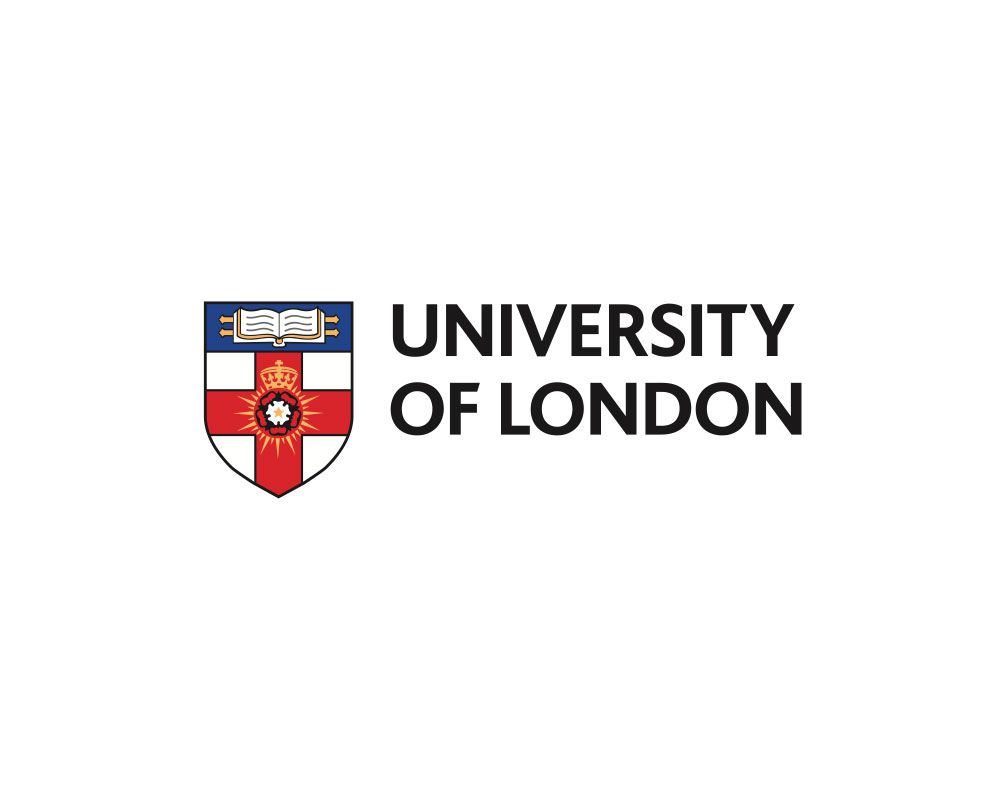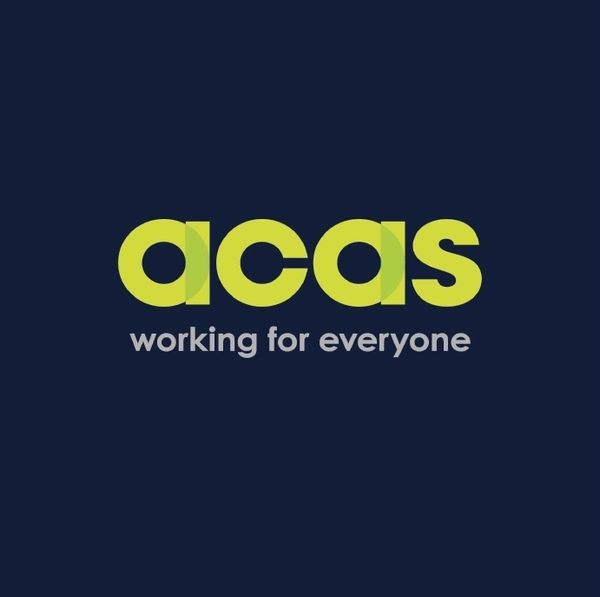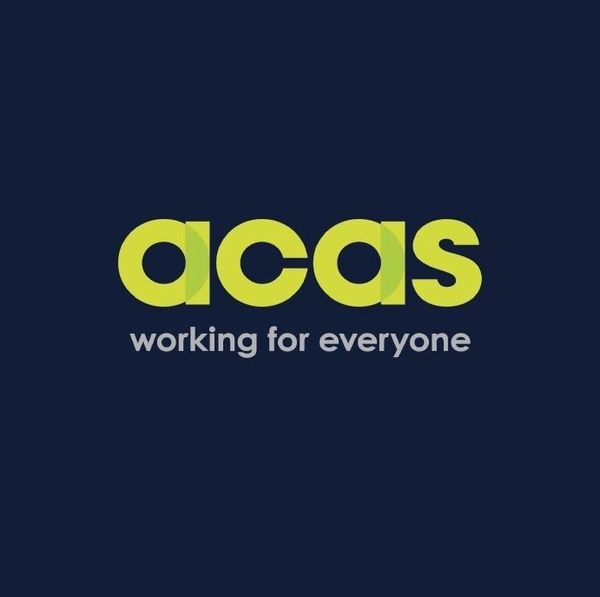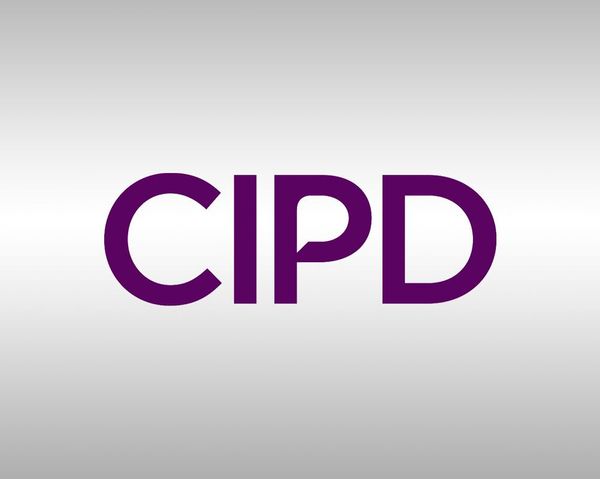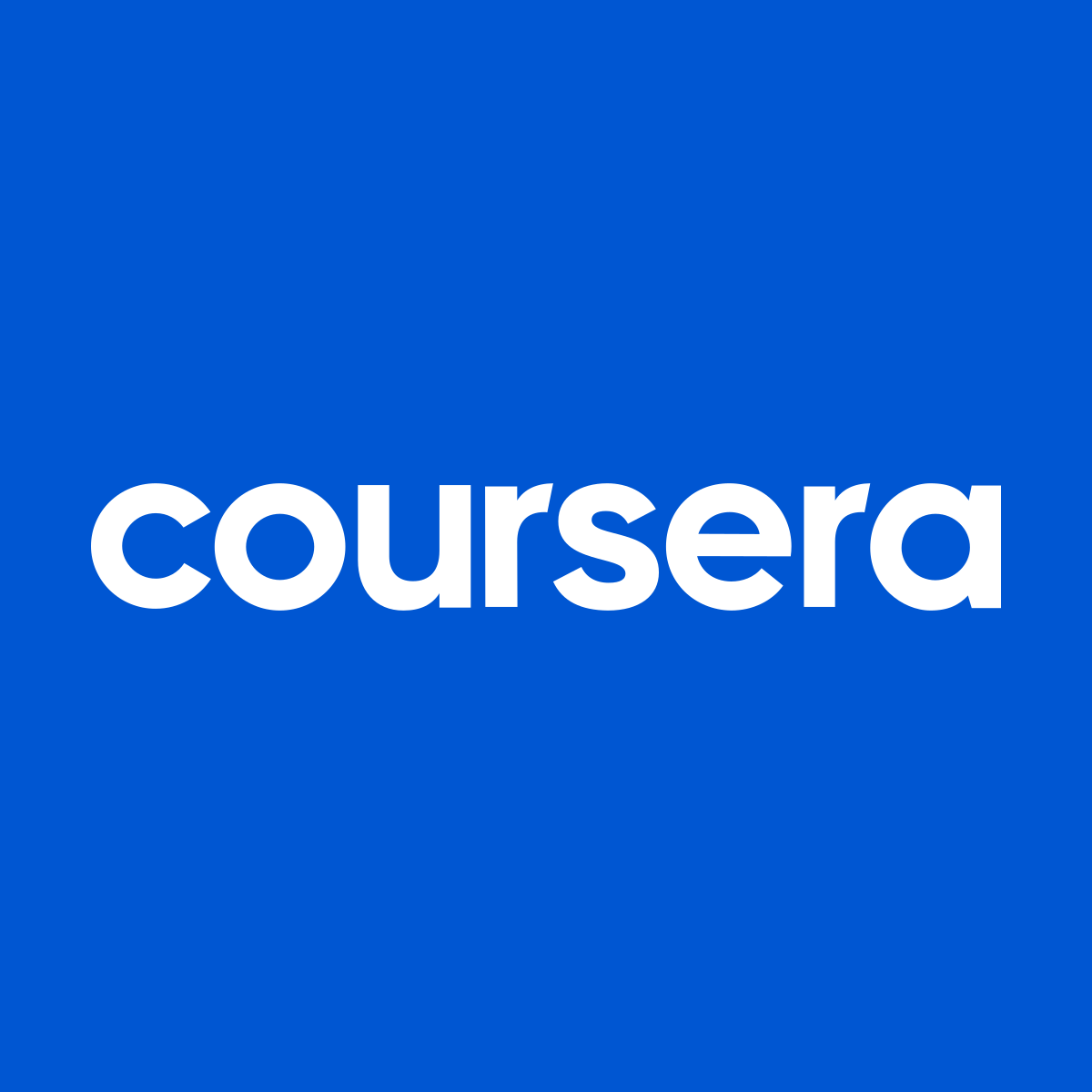Abstract
Following the completion of The Manager's Toolkit, I applied to study for a master's degree at the University of London. With my reasons to study and work experience in Human Resources, I received an offer on 2nd November 2022.
The programme is titled MSc Human Resource Management. The minimum registration period is one year, while the maximum is five years. I commenced my studies in January 2023 and completed my MSc in September 2024, with a projected result of "Merit" anticipated Q1 2025.
The syllabus was structured as follows:
- Eight compulsory modules worth 15 credits each (totalling 120 credits).
- One compulsory Research Proposal module worth 15 credits.
- One compulsory Dissertation module worth 45 credits.
- Awarded MSc degree upon accumulation of 180 credits.
Programme Aims
- Develop a foundation to explore, interpret, evaluate, and critique issues in human resource management.
- Encourage independent critical and evaluative skills for applying independent judgment.
- Apply conceptual and practical tools to design and initiate research in organisational management.
- Develop a theoretical framework to understand organisations.
- Facilitate self-development into professionally organised and interactive individuals by practising selection, assimilation, and communication skills.
M1: Global HR & Diversity Management
(Jan-Mar 2023)
- Week 1 / Diversity in the Workplace & the Future of HRM
- Week 2 / Institutions, Social & Economic Forces (Global Context)
- Week 3 / Regulation & Models of Employment
- Week 4 / Labour Mobility & Offshoring
- Week 5 / Learning & Diversity Training
- Week 6 / Work-Life Balance
- Week 7 / Breaking the Bias Cycle
- Week 8 / HRM & Economic Crises
- Coursework (A)
- Coursework (B)
- Coursework (C)
M2: HR Strategies
(Jan-Mar 2023)
- Week 1 / Perspectives
- Week 2 / Theories & Frameworks
- Week 3 / HR Strategies & the Organisation
- Week 4 / HR Strategies & Labour Markets
- Week 5 / Resource Planning
- Week 6 / Performance & Reward Strategies
- Week 7 / Employment Relationship
- Week 8 / Contemporary Trends & Challenges
- Week 9 / Putting Strategy into Practice
- Exam (A)
- Exam (B)
M3: Employment Law
(Jan-Mar 2023)
- Week 1 / Key Concepts & Institutions
- Week 2 / Employment Status
- Week 3 / Contract of Employment
- Week 4 / Working Time & Pay
- Week 5 / Equality & Discrimination at Work
- Week 6 / Termination of Employment
- Week 7 / Parental & Maternity Rights
- Week 8 / TUPE, Trade Unions & Collective Bargaining
- Week 9 / Review & Revision
- Exam (A)
- Exam (B)
M4: Selection & Assessment
(Apr-Jul 2023)
- Week 1 / Employee Selection in Context
- Week 2 / Standardisation & Reliability
- Week 3 / Validation & Criterion Measures
- Week 4 / Job Performance, Analysis, & Competency Models
- Week 5 / Application Forms & Interviews
- Week 6 / Ability Testing
- Week 7 / Personality Testing
- Week 8 / Assessment Centres
- Week 9 / Evidence-Based Practice in Selection & Assessment
- Coursework
M5: Leadership & Performance Management
(Apr-Jul 2023)
- Week 1 / Leadership as a Perceptual Process
- Week 2 / Leadership as a Characeristic of the Individual
- Week 3 / Cross-Cultural Issues in Leadership
- Week 4 / Leadership as a Relationship
- Week 5 / Charismatic & Transformational Leadership
- Week 6 / Authentic, Ethical, & Servant Leadership
- Week 7 / Destructive Leadership & Power
- Week 8 / Performance Management I
- Week 9 / Performance Management II
- Exam (A)
- Exam (B)
M6: Professional Development & Learning
(Oct-Dec 2023)
- Week 1 / Learning & Reflection
- Week 2 / Work-Life Balance
- Week 3 / Careers
- Week 4 / Use of Psychometrics in PDL
- Week 5 / Group & Team Contexts
- Week 6 / Expectations & Challenges
- Week 7 / Goal Setting
- Coursework
M7: Leading & Developing People
(Oct-Dec 2023)
- Week 1 / Contemporary Developments in HRM & HRD
- Week 2 / Motivation & Engagement
- Week 3 / Leadership
- Week 4 / Implicit Leadership Theories
- Week 5 / Critical Leadership Theory
- Week 6 / LMX, Leader & Follower Relationships
- Week 7 / OD, HRD, & HR Functions
- Week 8 / Flexible Working & Change Management
- Week 9 / Coaching & Development
- Exam
M8: Research Methods (HRM)
(Oct-Dec 2023)
- Week 1 / Foundations of Research I
- Week 2 / Foundations of Research II
- Week 3 / Foundations of Research III
- Week 4 / Qualitative Methods I
- Week 5 / Qualitative Methods II
- Week 6 / Qualitative Methods III
- Week 7 / Quantitative Methods I
- Week 8 / Quantitative Methods II
- Week 9 / Quantitative Methods III
- Exam
M9: Research Project (Proposal)
(Oct-Dec 2023)
MX: Research Project (Dissertation)
(Jan-Sep 2024)
- Summary
- Ethics Application & Forms
- Dissertation / Exploring Organisational Adaption to Digital Transformation in HRM: An Analysis Based on the Technology Acceptance Model
Knowledge & Understanding
- Demonstrate knowledge about organisational psychology and human resource management in the areas studied (which may include motivation, performance, organisational change, careers, personnel selection, training, employment relations, practices in human resource management, and well-being at work).
- Design and critically evaluate qualitative and quantitative research.
- Carry out primary forms of descriptive and inferential statistical analysis on quantitative data.
- Use information technology to obtain information for research into human resource management.
- Gain skills to carry out a Research Project in the field.
Intellectual & Transferable Skills
- Interpret, evaluate, synthesise, and critically analyse information from various sources.
- Define concepts clearly, evaluate evidence for propositions, identify faulty logic or reasoning, and make appropriate generalisations.
- Consider others' views openly and be sensitive to their culture, business, and management practices.
- Demonstrate skills needed to collaborate with others in the learning process and engage in intellectual debate.
- Use problem-solving skills in various situations.
- Communicate fluently and effectively online and in formal writing.
- Handle ideas and scrutinise information critically, objectively, and analytically.
- Manage your learning, including working effectively to deadlines, planning, organising, and prioritising tasks.
- Conduct an empirical study by collecting first-hand data and constructing a scientific report.


